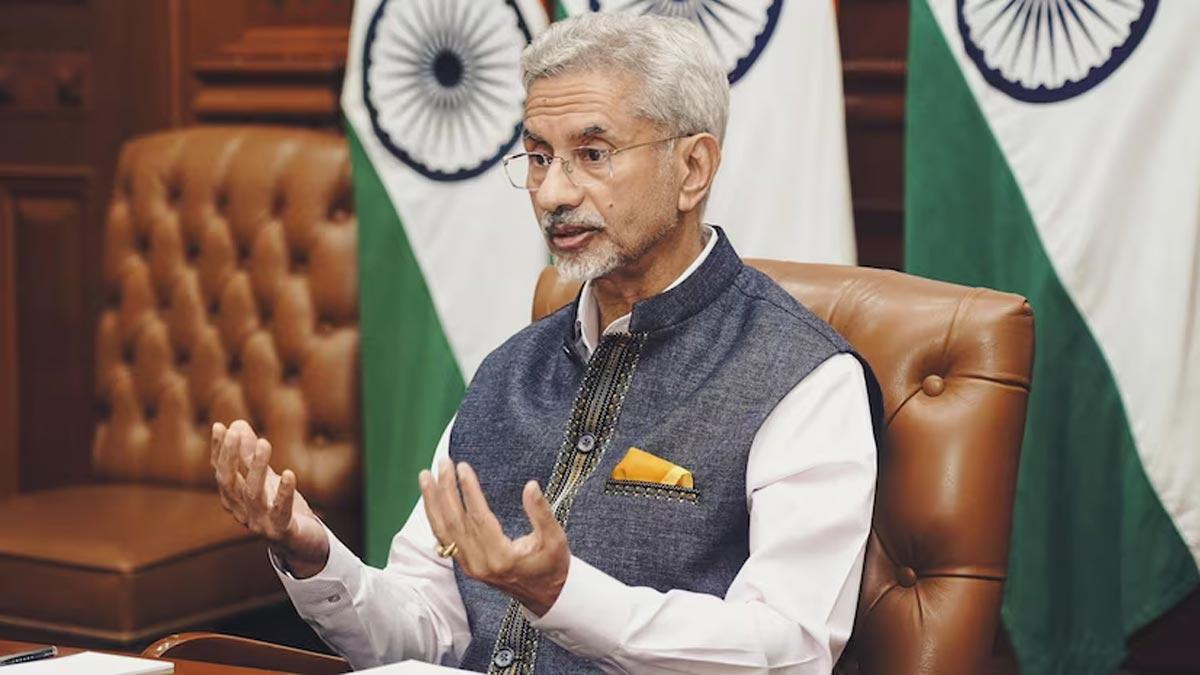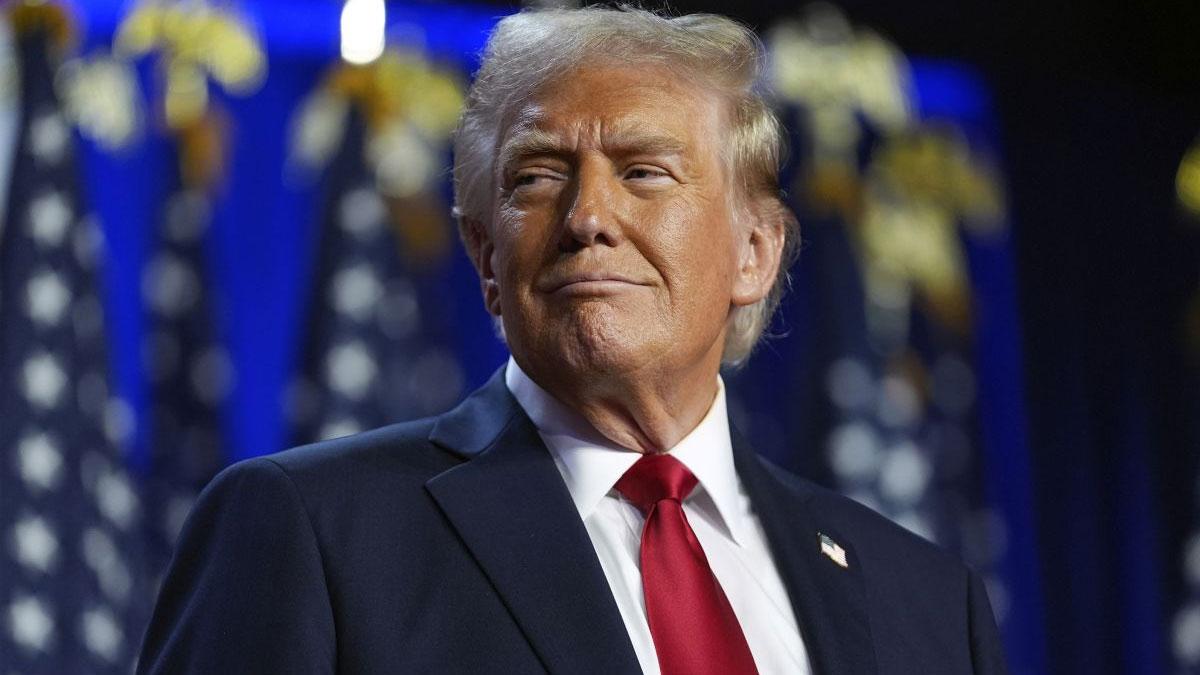Reiterating India's unshakeable opposition to terrorism and nuclear blackmail, External Affairs Minister S. Jaishankar on Tuesday asserted that New Delhi will never give in to any kind of nuclear blackmail.
He further emphasized India's strong commitment to a zero-tolerance approach on terrorism in all its manifestations.
This is not a India-Pakistan conflict as such. This is a response to the threat and to the practice of terrorism. So, I would say don't think India-Pakistan, think India and 'Terroristan', you would then appreciate," Jaishankar said, addressing a joint press conference with European Union High Representative and European Commission Vice-President Kaja Kallas in Brussels.
Terming terrorism as an international and highly interconnected issue, Jaishankar underlined the importance of closer global cooperation and mutual understanding in combating the threat effectively.
The comments came following India and the European Union conducting their first-ever strategic dialogue, during which both sides had positive discussions on a wide security agenda — maritime security, cyber security, and cooperation in space, among others.
Siding with India, Kallas censured the threat of nuclear use as a "mutual concern." She declared, "Nuclear threats cannot pay off. This is a mutual concern. We see different actors in the world using it. In this global changing world, we need more partners, and therefore we are working to intensify our cooperation regarding security and defence.
At the course of discussions, both sides shared perspectives on significant global developments, such as European geopolitics, the conflict in Ukraine, the persisting tensions in the Middle East, and regional issues in the Indo-Pacific and the Indian subcontinent.
Going by the changing global landscape, Jaishankar noted that the world order has undergone dramatic change even since the previous interaction between India and the EU Commissioners three months earlier.
My Brussels visit comes three months after the EU College of Commissioners' visit to India. Even then, the change in the world order was evident. All these trends have deepened in many directions. We have moved into an era of multipolarity and strategic autonomy, which are two key drivers for India and the EU to deepen relations.". To get to that end requires increased cooperation in several areas," he said.
He accepted the fact that India and the EU would have differing views from time to time but said the focus should be on increasing common ground and confidence-building.
"There will be moments when our views will not be exactly the same and which is natural. But what is crucial is that we increase common ground and understanding and increase degrees of trust," Jaishankar said.
On the economic side, Jaishankar also hoped that the pending India-EU Free Trade Agreement (FTA) would be clinched by the end of the year.
Stabilising and de-risking the international economy today is a strategic imperative for us. This has numerous dimensions, such as more robust and dependable supply chains as well as building more trust and transparency into digital interactions.
Building stronger economic and technology alliances between the prime players gains added value. It is with that vision in mind that we endorse the objective of signing an ambitious and balanced India-EU FTA by this year's end," he said.
Read also| Israel To Deport Greta Thunberg, Other Activists From ‘Selfie Yacht’ Protest


















